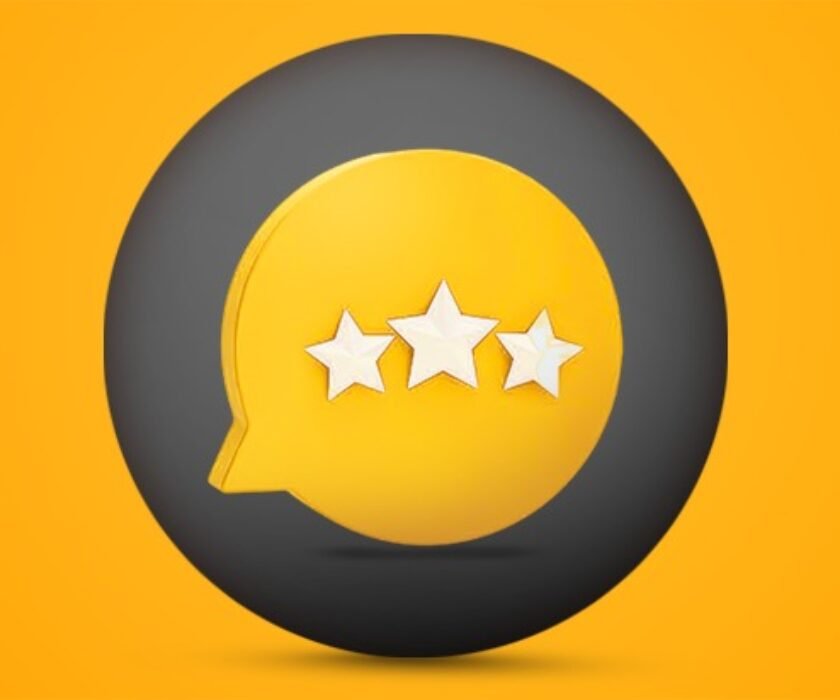The choice of the best web platform can make or break your business online. Between the two most common, Webflow is the design-oriented website builder with high design capability and WordPress is the open-source plugin-based CMS with high adaptability. For digital services firms such as a Digital Marketing Agency in Kerala, the comparison brings out their best aspects and flaws.
What Is Webflow?
Webflow is a visual web design tool that lets you create pixel-perfect, responsive web pages with drag-and-drop ease. It’s perfect for designers who want control without coding. Host, backup, and security are all included so you have it all in one.
What Is WordPress?
WordPress is an open-source, self-hosted content management system that hosts well over 40% of the web. WordPress can be very highly customized with custom plugins, themes, and code. Best for everything from simple blogs to full-fledged e-commerce sites, WordPress is best when integrations or heavy customization are needed.
In this blog let’s Compare both to find which suits your needs.
Design Flexibility and Ease
Webflow: Offers layout accuracy and visual control for the designer which is perfect for pixel-perfect mockups. You are building the site the way it will look, with complete responsive liberty.
WordPress: Works well with native themes and page builders like Elementor, Divi, Gutenberg.
Learning Curve & Custom Development
Webflow: Steeper learning curve to learn its visual interface but no coding is involved. Perfect for visual people.
WordPress: Easier on content-heavy websites but steeper learning curve for custom themes or integrations. PHP, CSS, and theme/plugin management skills are needed.
Plugins & API Integrations
Webflow: Native CMS and e-commerce capabilities but relies on third-party integrations (Zapier, Make, API) for advanced functionality.
WordPress: Very plugin-oriented platform (WooCommerce, Yoast SEO, membership plugins) with a rich set of features and virtually unlimited integrations.
Themes & Templates
Webflow: Commercial visual design templates. Limited but customizable.
WordPress: Wide variety of free and paid themes with different qualities. Custom themes are the most versatile if well-executed.
Hosting
Webflow: Scaled hosting with security, backup, and performance offered as one package.
WordPress: Needs to be self-hosted. Anything from cheap shared hosting to managing obscure and costly.
Cost & Maintenance
Webflow: Multi-level subscription needed (site and account plans). Support primarily on Webflow’s side.
WordPress: Hosting, theme premium charges, plugin charges, and developer maintenance can all be factored in. Support is updates, backups, and security fixes.
Version Management
Webflow: Version history and staging are native. Changes are easy to roll back.
WordPress: No built-in version control such as webflow. Rollbacks require manual methods. Third-party integration (plugins, Git) enables the possibility to version but by manual configurations.
SEO Features
Both platforms offer SEO fundamentals—meta tags, sitemaps, and alt texts.
Webflow: Clean code, pages loading in the box quickly.
WordPress: Plugins such as Yoast SEO provide an optimization boost, although site speed relies on plugins and hosting.
Security
Webflow: SSL-hosted, DDoS-protected, and platform-security-all-in-one.
WordPress: Secure only if properly taken care of. Needs security plugins, updates, and backups.
Ownership & Portability
Webflow: Webflow-tethered sites; can export but with limitations.
WordPress: Open wide: full control of the website, can host anywhere, and switch hosting or CMS.
Support & Community
Webflow: Expert support and authoritative docs. Smaller development world.
WordPress: Huge world community forums, tutorials, freelancers, and agencies (ideal for Digital Marketing Agency in Calicut work).
Which One Is Better?
Choose Webflow if you’re a designer or small creative firm wanting great, code-free websites with minimal maintenance.
Go for WordPress if you’re a Creative Agency in Kerala or any developer-focused team needing extensive plugins, custom features, and full control over hosting and CMS.
Conclusion
Webflow and WordPress are both powerful in their own capacities. Webflow is more visually stunning when it comes to accuracy and ease of management, whereas WordPress is more flexible and deeper in features. Your choice will be determined by your team’s skill set, maintenance capacity, and long-term plans.
If you’re running a Digital Marketing Agency in Kochi that needs quick, visually stunning, low-maintenance sites, Webflow might be your go-to. However, for powerful, feature-rich, extensible websites that grow with your needs, WordPress remains the unparalleled champion.


